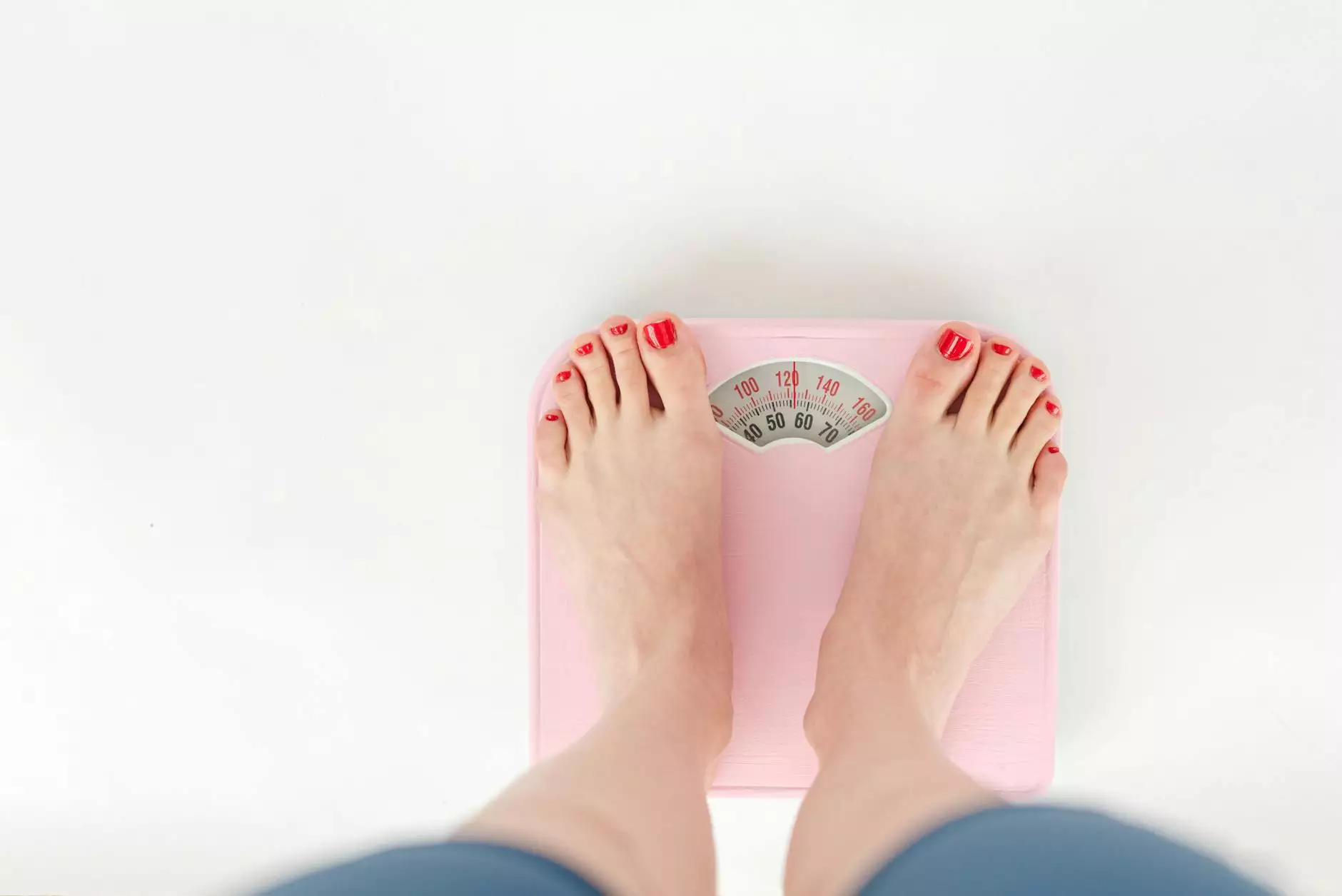Can a Lie Detector Test Prove Innocence?
Criminal Defense
Welcome to the informative page on "Can a Lie Detector Test Prove Innocence?" brought to you by John Hugh Shannon. As a leading expert in the field of law and government, we strive to provide comprehensive information on various legal matters. In this article, we will delve into the topic of lie detector tests and their validity in establishing innocence.
The Validity of Lie Detector Tests
Lie detector tests, also known as polygraph examinations, have been a subject of debate within the legal community for many years. Although they are commonly used in certain scenarios, it is crucial to understand their limitations when it comes to proving innocence.
While lie detector tests measure physiological responses such as heart rate, blood pressure, and perspiration to determine if an individual is lying, their accuracy is not foolproof. The results of these tests can be influenced by various factors, including anxiety, stress, and even the individual's belief in the effectiveness of the test.
Factors Influencing the Accuracy of Lie Detector Tests
It is essential to consider several factors that can impact the accuracy of lie detector test results:
1. Individual Factors
Each individual may have different physiological responses when it comes to lying. Some individuals may remain calm despite providing false information, while others may exhibit heightened stress levels even if they are telling the truth. Therefore, the accuracy of lie detector tests can vary depending on the person being tested.
2. Test Administration
The competence and experience of the test administrator play a crucial role in the accuracy of the lie detector test. A skilled professional who follows the appropriate procedures can yield more reliable results. However, errors in test administration can lead to inaccurate outcomes.
3. Emotional State
An individual's emotional state can significantly impact the outcome of the test. Feelings of fear, anxiety, or stress can trigger physiological reactions, making it difficult to differentiate between truthful and deceitful responses. It is essential to consider the emotional state of the individual being tested.
4. False Positives and False Negatives
Lie detector tests are not infallible and can produce both false positives and false negatives. A false positive occurs when the test indicates deception when the individual is telling the truth, while a false negative is when the test suggests truthfulness despite the person lying. These erroneous results further highlight the limitations of relying solely on lie detector tests.
The Use of Lie Detector Tests in Legal Proceedings
While lie detector tests are not admissible as evidence in a court of law in most jurisdictions, they can still influence investigations or be used for other purposes. In some cases, law enforcement agencies may use the results of a polygraph examination to direct their investigations and gather additional evidence.
However, it is important to understand that lie detector test results alone cannot prove innocence or guilt. Other corroborating evidence, witness testimonies, and legal procedures are necessary to establish a person's guilt or innocence beyond a reasonable doubt.
Contact John Hugh Shannon for Expert Legal Advice
If you require legal guidance in matters related to law and government, including the use of lie detector tests, John Hugh Shannon is here to help. Our experienced legal team specializes in providing insightful counsel and representation in various legal areas. Contact us today to discuss your case and receive the expert advice you need.




